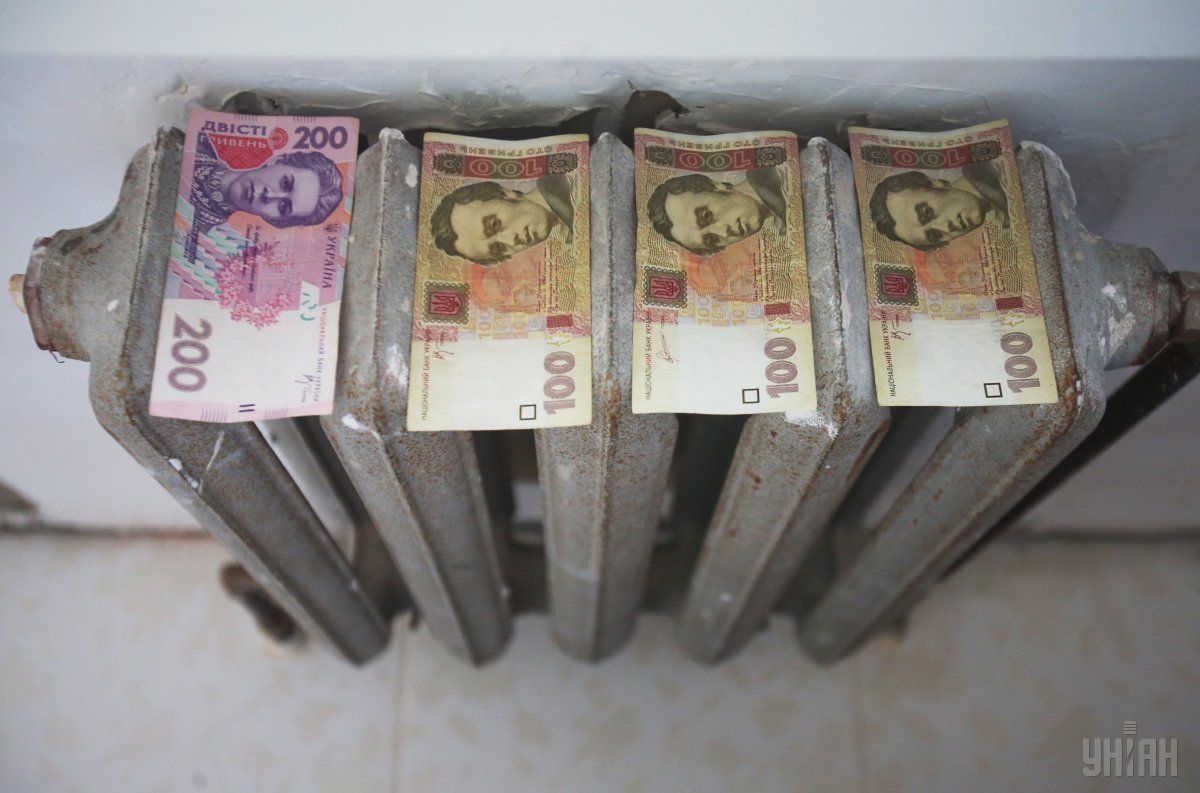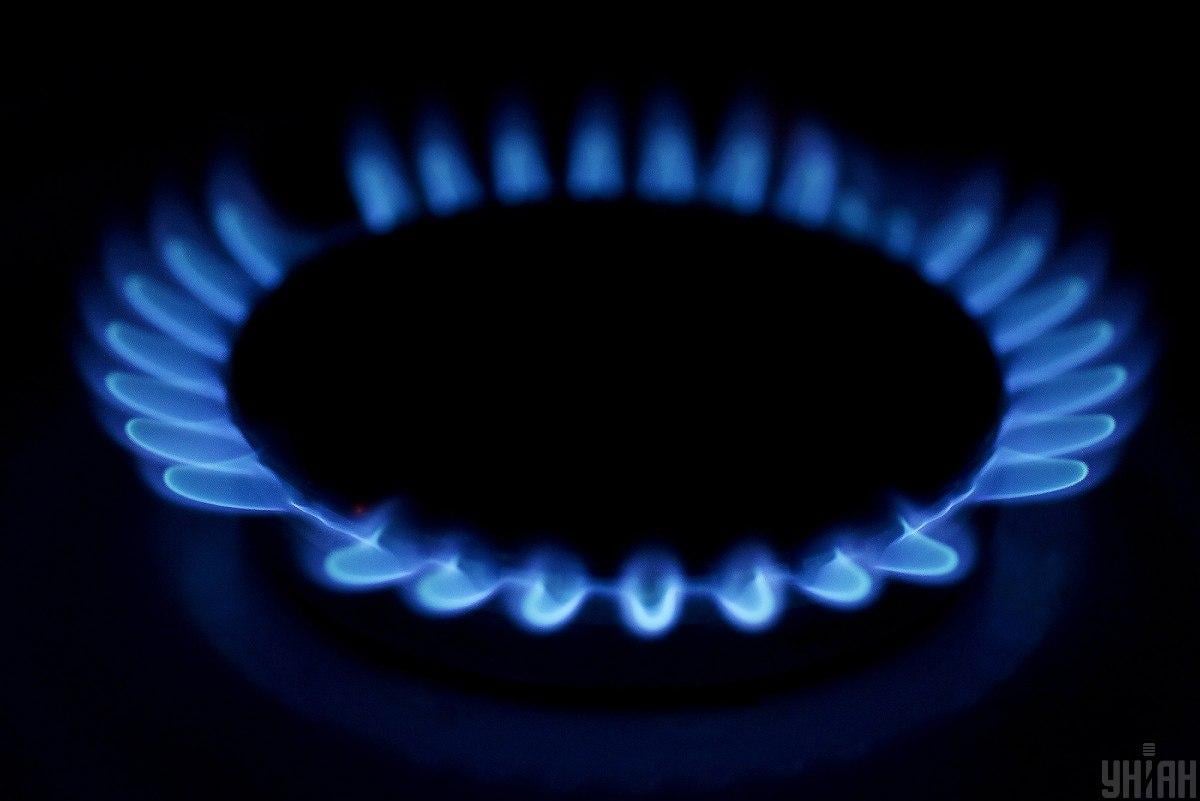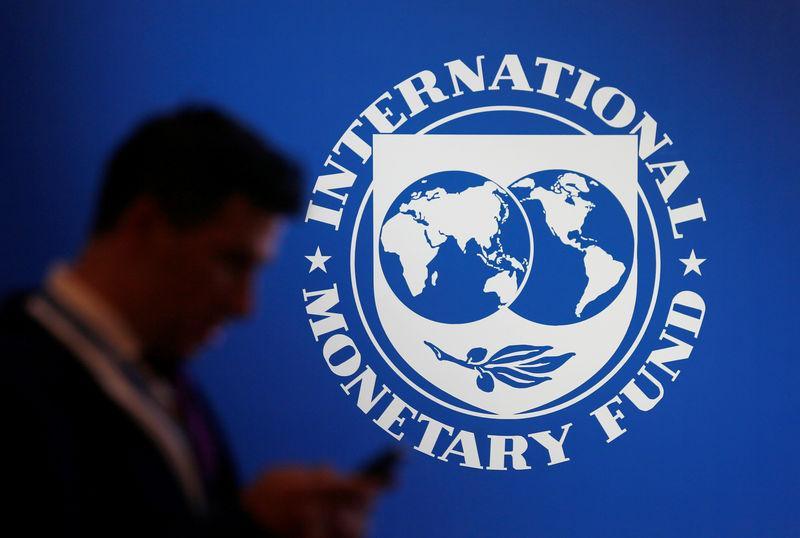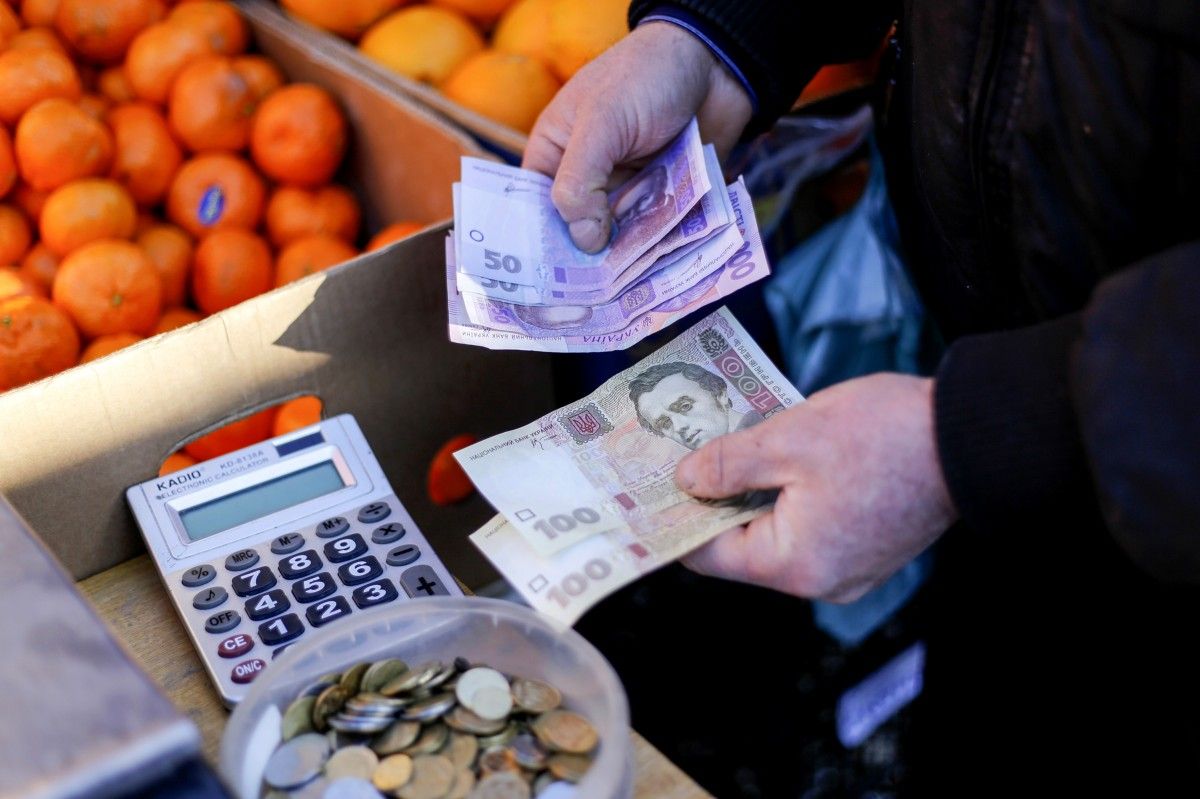
Week's balance: IMF mission resumes work, Cabinet vows gas price reduction, while inflation rises
The IMF mission resumed work on reviewing the loan agreement with Ukraine, the Cabinet proposed to fix the gas prices for the population pending quarantine, while the State Statistics Service spoke of a higher inflation pace – these are the key economic developments of the outgoing week.
Despite the protracted New Year and Christmas holidays, the second week of January was filled with important developments for the Ukrainian economy and citizens.
The top news this week was the promise by the Cabinet of Ministers and President of Ukraine to reduce gas tariffs for households.
Such reaction of the authorities was provoked by rallies of outraged consumers across the country.
This should have been expected: in January, the average cost of natural gas reached UAH 10 per cubic meter with the prospects for further growth.
The government has proposed to put on pause pending quarantine the ongoing gas market reform, which has allowed tariffs to jump up.
The Cabinet of Ministers announced the intention to set a fixed gas price for household consumers at UAH 6.99 per cubic meter from February this year.
"In connection with the COVID-19 pandemic, the introduction of quarantine restrictions in Ukraine, a sharp and exorbitant rise in stock exchange prices for gas in recent weeks, it is proposed to introduce state regulation of gas prices for all household consumers in Ukraine for the period of quarantine restrictions or until the end of the current heating season. The proposed price, which will be established at this moment, is UAH 6.99 per cubic meter," Prime Minister Denys Shmyhal said.
According to the prime minister, if this isn't done, in February gas price for households may rise to UAH 12 per cubic meter.

By the way, European stock exchanges where Ukraine buys gas have been showing steady price growth for several months in a row. In the first ten days of January, the price reached $300, setting a many months' record.
The President's Office hastened to please citizens that the state-regulated price will cut gas bills by 30%.
At the same time, experts warned that government interference in the gas market's work would entail negative consequences, including criticism on the part of the country's key creditor, the International Monetary Fund.
In the outgoing week, Naftogaz of Ukraine also announced that by the end of 2020, it had received $2.1 billion from the Russian Gazprom for services for setting up gas transit via Ukraine. Naftogaz also delivered good news on the launch of the first tight gas field. This might become another milestone on Ukraine's path to energy independence and fair gas prices.
Resumption of IMF mission's work
Last week, after the New Year's pause, the International Monetary Fund's mission resumed its work in Kyiv on reviewing the implementation of the Stand-By Arrangement worth $5 billion.
Prime Minister Denys Shmyhal said he expected productive negotiations, which will lead to a revision of the Stand-By Arrangement and the allocation of the second tranche within its framework.
"Together with the President and the NBU, we have made every effort to implement the 'structural benchmarks' required to have the [SBA] program reviewed. In particular, we reduced non-performing loans in state-owned banks and reorganized customs and tax agencies, which, for example, in December together exceeded the revenue target by more than 26%," PM said.
At the same time, according to Finance Minister Serhiy Marchenko, the Fund is concerned about possible government interference in the gas price regulation.
"They are concerned that in some part we are revising our earlier commitments. Now the question is to convince our partners that this can be part of the mechanism or a temporary solution," Marchenko said.

Realizing the importance of easing the burden of utility bills for the population, the head of government in the outgoing week ordered to provide subsidies to Ukrainians who heat homes with electricity.
It is worth recalling that since year-start, the government has canceled beneficial payment terms for electricity, including a tariff of 90 kopiykas for the first 100 kWh and for the first 3,000 kWh per month for household consumers who use electricity to heat their homes. Thus, this category of citizens can only hope for a discount in the form of a utility subsidy.
Inflation rise
In the outgoing week, the State Statistics Service reported on the acceleration of inflation in 2020 to 5% from 4.1 percent a year earlier. Consumer prices in December rose by 0.9% to the previous month.
Most of all, price rose for sugar – by 47.7%, eggs - by 30%, and sunflower oil – by 21.7%. At the end of 2020, natural gas tariffs increased by 56%, water supply – by 18.5%, and sewerage – by 16.5%.
The cost of health care services in 2020 increased by 7.7%, while that of education services – by 13.9%.

The Ministry for Development of Economy, Trade and Agriculture said last year's consumer inflation rate fully corresponds to the forecast by the National Bank of Ukraine. In general, price dynamics remained predictable throughout 2020 despite coronacrisis.
"Against the background of quarantine bans, the formation of consumer prices depended on changes in consumption priorities. Thus, both the volumes of retail trade and consumer prices, primarily for essentials, rose at a high rate," the economy ministry noted.
The National Bank of Ukraine explained that during 2020, inflation was mostly below the target range of 5% +/- 1 p.p., which was due to the impact of the coronavirus pandemic and quarantine restrictions on economic activity and consumption.
According to the NBU, fuel prices fell by 10.5% over the past year. However, towards the end of the year, prices returned to growth, which is explained by the increase in global oil prices and the persistence of significant demand on the part of households due to the advantages of driving private vehicles over taking public transport amid a pandemic.
The end of the second week of January brought snowfalls and significant cooling to many regions of the country. The start of the next week promises to be just as freezing.

Forecasters believe that during Epiphany festivities in some regions of the country the temperature will drop to -20 degrees Celsius. It seems that only a few will dare to dive into the ice-hole. However, the end of the week will bring temperatures up a notch resulting in traditional slush on the roads.
Next week, the State Statistics Service will release data on industrial output in 2020. Meanwhile, the government vows a final decision on the introduction of a fixed price for gas for household consumers pending quarantine.
Anna Bredikhina

